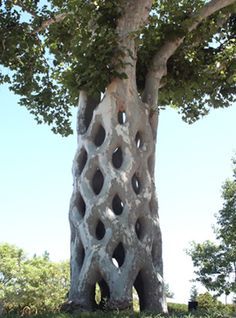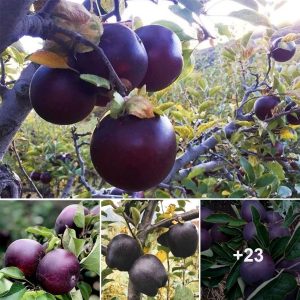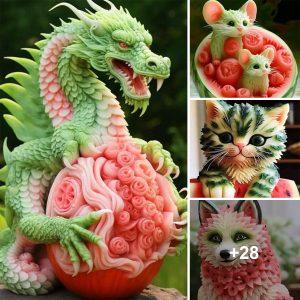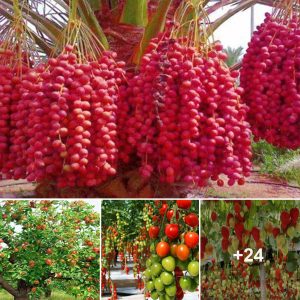The diversity and uniqueness of nature never fail to astound us, and one of its many marvels is a plant species characterized by circular spots on its stems. Not only are these spots visually striking, but they also serve other purposes.
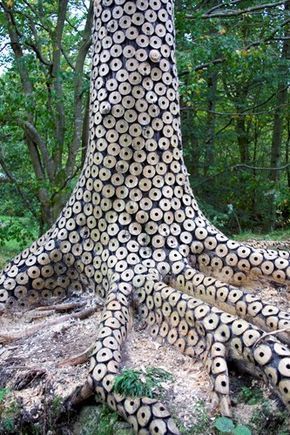
One such plant is the Polka Dot Begonia (Begonia maculata), which is native to Brazil. Its stems have distinct silver spots that are circular in shape. These spots are a result of the accumulation of calcium oxalate crystals in the plant’s epidermal cells. The Polka Dot Begonia is a popular houseplant due to its unique appearance and easy care.
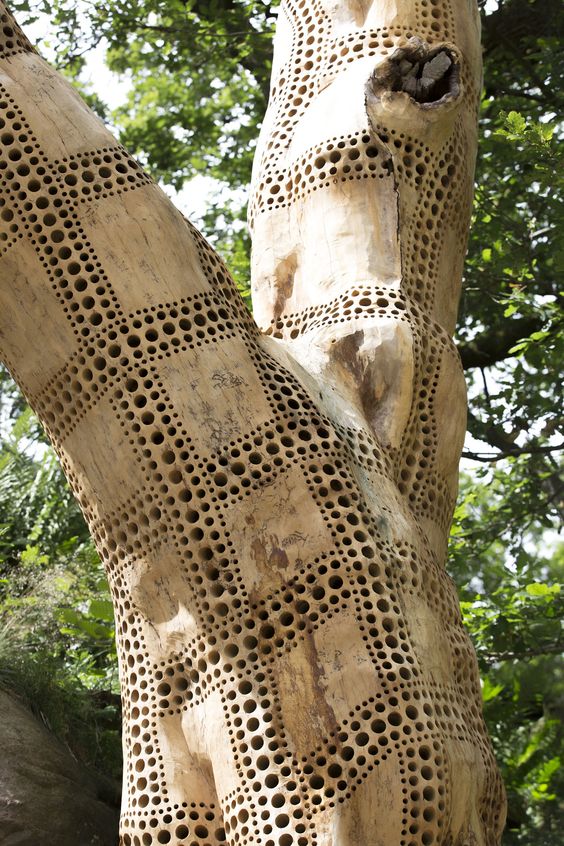
Another plant that exhibits this feature is the Hypoestes Phyllostachya, also known as the Polka Dot Plant. This plant is native to Madagascar and has bright pink or white circular spots on its stems. The spots on this plant serve as a defense mechanism against predators. The spots contain anthocyanin, a pigment that can be toxic to animals that try to eat it.
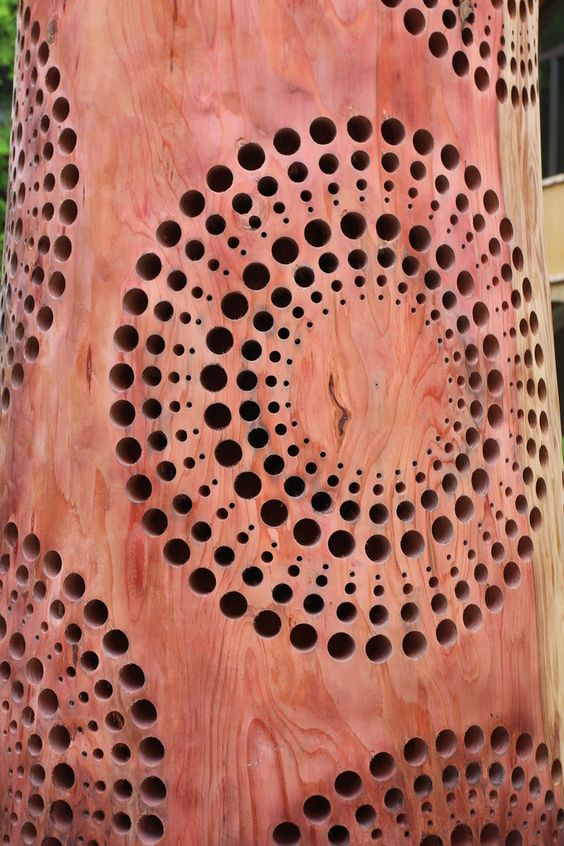
The Japanese Aralia (Fatsia japonica) is another plant species that has circular spots on its stems. This plant is native to Japan and has large, glossy leaves with silver spots on its stems. These spots are a result of the plant’s natural variegation, which is caused by genetic mutations.
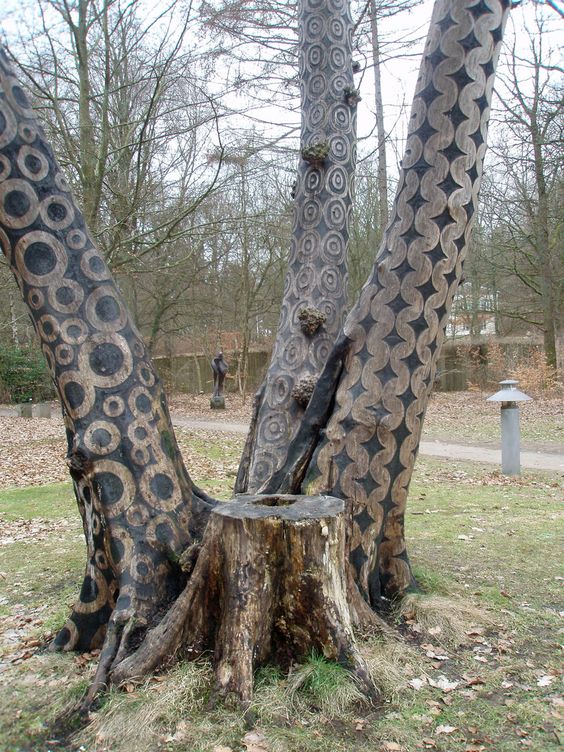
In conclusion, plant species with circular spots on their stems are not only aesthetically pleasing but also have unique attributes that serve a purpose. From defense mechanisms to genetic mutations, these plants are a testament to the wonders of nature.
